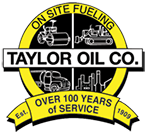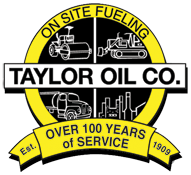Safe Driving Tips From Truck Drivers
More than 53 million Americans are expected to travel by car this holiday season, says AAA – the highest since 2005. That’s great for reconnecting with friends and family, but all that high traffic volume contributes not only to congestion but to a reduction in speeds as well. Because millions of motorists will be sharing the road with large trucks over the next couple weeks, truck drivers and motorists in smaller vehicles have to be extra diligent about keeping themselves and others safe. There are many additional challenges to traveling over the holiday and winter season, including low visibility, high winds, blowing snow and freezing temperatures. It’s important for truckers and motorists to perform a thorough pre-trip inspection and make sure they understand the driving conditions for the day before setting out. Here are some reminders for motorists about important elements of safe driving, including how you should safely operate a small passenger vehicle near a large tractor-trailer. Safety Tips Always wear your seat belt. Seat belts may not prevent accidents but they can save your life. Scrape ice and snow off your vehicle before driving. Don’t forget the roof! When you leave snow and ice on your car, [...]


